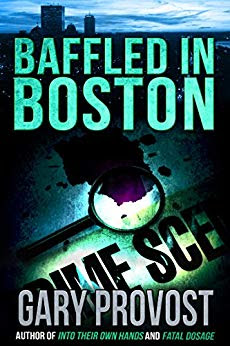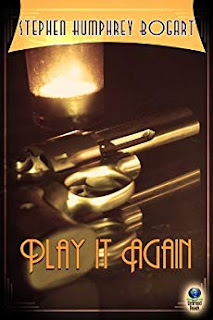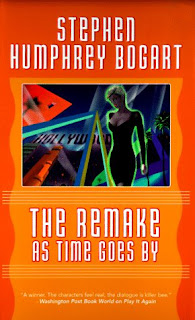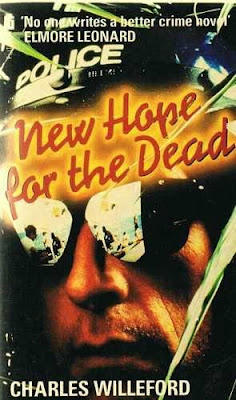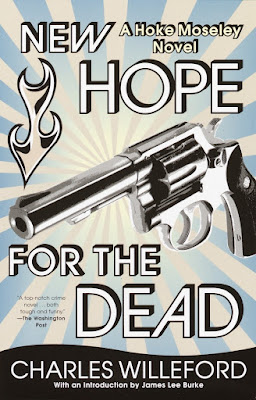The
advent of flash fiction has been a godsend for that part of me that
prefers the kill to chasing a quicksilver fox, the visceral
capture that eludes the academy poet.
At first thought one might
think short is simple and simple is easy, and this may be so for
some. Even many. But, as in most art forms, the occasional genius
brings surprise to the party. Brilliance that beacons through eons of
comfortable fog and expectation.
Such
is Alligators
at Night,
a collection of seventy-two quickies that pierce the heart and the
funnybone—sometimes within a word or two, sometimes in the title
alone. Meg Pokrass is celebrated among her flash-fiction peers for
her deft hand arousing glee in the darkness and sober reflection
before laughter’s quite finished its happy sputter.
“You have
not yet cried or threatened to leave,” we learn in the title story,
“and you have not yet been quieted by your husband with his body
half-asleep and given up the fight.”
But that
comes soon after the opening, when she explains the odd title, when
life seemed fine, its quirky behavior carrying a tender poignancy:
You remember when you lived in
Florida briefly, walking to the store with your husband in the middle
of the night. You remember the sound of alligators crooning like
deranged, nocturnal cows, all the way to the Seven-Eleven, from each
side of the highway. You remember thinking that they must regularly
sing to people on their way to the Seven-Eleven— mostly a welcome
sound, because there is a three-hour walk there, and a three hour
walk home, and the night sky is so velvety in the summer, and the
singing alligators are like jazz. It’s like you’re in a jazz
club, but walking, outside.
Funny
title? How about Dismount?
I guess that depends on connotation. Is the story funny? It gives
sequin flashes of mirth, but then this line:
“She
imagined heaven an aquamarine deep swimming pool where she could cry
underwater and nobody would know.”
The
instantaneous back and forth between twinkle and anguish
give Pokrass a dangerous edge, like a cat purring when its belly’s
scratched switching in a blink to jungle mode, all teeth and claws. A
lightness of style pulls us into a queenly Dorothy Parker mind where
nothing ameliorates the keenest and meanest of observations. Her
delivery is sly, indirect, and her cuts frequently self-inflict. In
Cutlery
she tells us her lover has an obsession with kitchen knives. “We
were each part of an intricate and delicate habitat, and we had our
own ways of surviving. He had his butter knives. I had my fantasies
of finding a man who would find me.” Ouch.
Her
wit is not all she displays in these jewels from a mind you sense
lets nothing get past, that once caught by her perception it’s a
permanent acquisition. These sparks of insight and wonder are grist
for the mill of an accomplished wordsmith, bubbling from a vast and
deep memory seemingly on a whim into carefully wrought, playful
sentences that showcase them with dazzle and shimmer. “He slices a
sleepy-bear smile my way,” she reveals in The
Landlord,
“and my mouth stretches sideways and upward like a circus trick.”
“Johan
is looking at me with a smile that stretches around his smile lines,”
we learn in Probably
I’ll
Marry You.
“He has a cute, rat-like face. Rats are very intelligent animals.”
Some
of you may be curious about length. Just how long are these “flash”
stories? Am I misleading you with fetching quotes? Luring you into a
collection of ponderous stories so long you have to break from
an engaging narrative to pee or get another beer or glass of wine,
and then be
distracted by something else, and when finally you get back to the
story you’ve forgotten what in hell it’s about? Would you like an
example of a typical story right here, right now? Can I give you one
without violating the copyright rigidities designed to protect author
and publisher from pirating? Well, dammit, I’m
no pirate, and
if Meg Pokrass can be daringly whimsical, so can I. Here’s an
entire story from the collection Alligators
at Night:
Man Against Nature
I stand near the boiling
stockpot warming my fingers while the chicken and vegetables melt,
the smell making our apartment strong. Canned wind howls from the TV
screen in the living room, emitting a cool glow. He loves
man-against-nature shows which are actually a buff-looking male model
talking to himself (and his hidden film crew) before lunch which is
probably catered sushi. I serve him the fresh broth on a lockable
tray, move his legs from couch to the floor, bend my knees to avoid
using my back. He drinks soup with a special deep spoon— and though
his fingers tremble, they are able to grasp. I sit with him, cheek
against his warm shoulder, watching the man trapped between two icy
mountain ranges build a fire out of sticks.
Do you
trust
me now? An entire story you just read in the time it took your heart
to beat, what, ten,
fifteen
times? Three or four natural breaths. Even if you had to pee like a
racehorse you could have made it through this amazing piece before
trotting off to the throne. And then
remembered
it when you got back. Irony?
O lort, I believe I failed to mention irony up above, but in this
piece alone, in Man
Against Nature,
there’s enough irony to put Olympic zip into the most anemic reader
(metaphorically speaking, of course). I don’t believe Pokrass can
write more than five or six words in sequence without slipping in an
ironic twist or three. And some of the other concepts de
rigueur
among the
popular
literati—subtext, layers, nuance,
resonance, MFA
approved, etc.
It’s all there. All of it, packaged in hot little bundles of
blinding
brilliance.
 |
| Meg Pokrass |
What’s
that? You want another taste? A little encore of sorts? Well, I can’t
say I blame you. Okay, so here’s another line from Probably
I’ll Marry You:
“My
ex-husband was a workhorse, never lost a job. Kept his pants real
nice. Had a Grecian nose. The woman my husband left me for has a
piggish, squashed-in nose. I have two arms, and my nose is terrific.”
The
link at the bottom is to a collective blogging feature called
Friday’s
Forgotten Books.
I put the link there because this essay is my contribution for this
week. Alligators
at Night
is not
a forgotten book. It came out last year, but I’m including it as an
introduction to readers for whom flash fiction is so new a concept it
could easily be overlooked in favor of more traditional fiction
forms. I don’t want to have to come back here in ten years or so
and treat Alligators
at Night
as a bonafide forgotten book. Please don’t let that happen!


